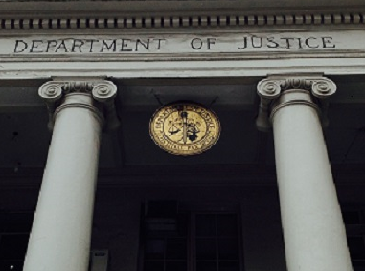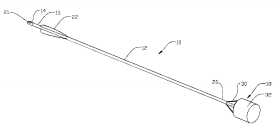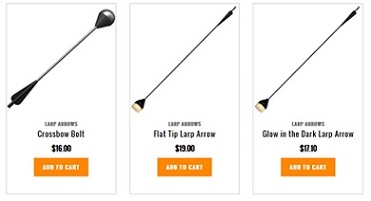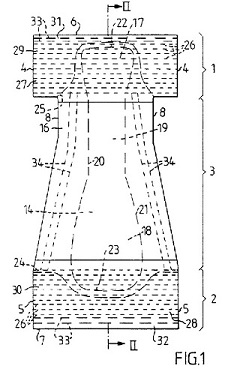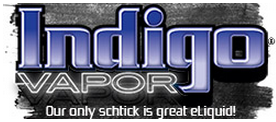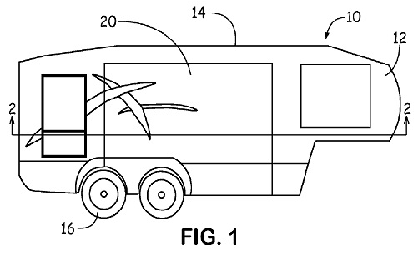
Indianapolis, Indiana – The Southern District of Indiana held that copyright Defendant Rural Media Group Inc. of Gretna, Nebraska was subject to neither general nor specific personal jurisdiction and dismissed the copyright infringement lawsuit against it.
Plaintiff Larry Philpot of Indianapolis, Indiana is a professional photographer. He photographed Willie Nelson during a music concert in St. Louis, Missouri. Plaintiff Philpot later registered the photograph with the United States Copyright Office. He also licensed the photograph to be used by others under the terms of the Creative Commons Attribution 2.0 Generic License.
This lawsuit, filed by Philpot acting as his own copyright attorney, was brought when he learned that Defendant had allegedly published the copyrighted photograph on its website, www.myruraltv.com. In the lawsuit, Philpot contended that Defendant had infringed Plaintiff’s copyright by the unlicensed publication of the Nelson photograph. Philpot argued that the court could exercise both general and personal jurisdiction over Defendant.
In contrast, Defendant asked the Southern District of Indiana to dismiss the lawsuit for lack of personal jurisdiction, asserting via a declaration of one of its corporate officers that it “does not own, lease, occupy, or use any real or personal property in Indiana[,] . . . maintain an office in Indiana, maintain a registered agent in Indiana, maintain a bank account in Indiana, or pay taxes in Indiana” and that its “website and Facebook page do not specifically target the Indiana market, but rather target a mass national audience.”
District Judge William T. Lawrence granted the motion to dismiss. On the issue of general jurisdiction, the court noted that “Defendant is a Delaware corporation with its principal place of business located in Gretna, Nebraska. Its only other office is located in Nashville, Tennessee.” The court stated that “general jurisdiction exists only when the [party’s] affiliations with the State in which suit is brought are so constant and pervasive as to render it essentially at home in the forum State”; it added that the prior standard of “substantial, continuous, and systematic course of business” was insufficient. Under the controlling jurisprudence, handed down by the U.S. Supreme Court in the 2014 case Daimler AG v. Bauman, such constant and pervasive contacts are, except in rare cases, present under only two circumstances: when the proposed forum state is the corporation’s principal place of business or its state incorporation. As neither of these conditions was met, and as this was not an exceptional case which might warrant a deviation from the standard rule, general jurisdiction was held to be improper.
The court held that an exercise of specific jurisdiction, a less stringent standard than general jurisdiction, would also be improper. While specific jurisdiction can be found where a defendant is accused of expressly aiming an intentional tort at the forum state, neither “express aiming” nor an intentional tort were in evidence.
The court denied several related motions by Plaintiff and granted Defendant’s motion to dismiss.





